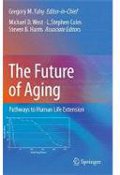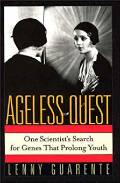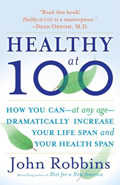Richard Weindruch Finds That Adult Mice On Dietary Restriction Live 20% Longer And Have Lower Cancer Rates
 Who:Richard Weindruch, Roy L. Walford
Who:Richard Weindruch, Roy L. WalfordWhen:March 12, 1982
Methods: By feeding a control group a normal diet and another group a high nutrient calorie restricted diet and observing which lived longer
Institution: University of California at Los Angeles
Where: Los Angeles, California, U.S.A
Weindruch and Walford set out to prove that caloric restriction is effective when started in middle age, since other mice studies focused on caloric restriction from a younger age. Weindruch and Walford defined middle age to be 1 year for a mouse and examined two strains of lab mice on a "undernutrition without malnutrition diet".
The dietary restricted mice experienced a twenty percent increase in life-span over the control groups. The dietary restricted group also experienced a lower incidence of the following cancers: Hepatoma (Liver), Lymphoma (Immune), and Lung.
References
- Weindruch, R. Walford, R. Dietary Restriction in Mice Beginning at 1 Year of Age: Effect on Life-Span and Spontaneous Cancer Incidence. Science, Vol 215 (4538), 1415-1418 (1982)
Links
- University of Wisconsin News, Study details genetic basis of aging -- and how it might be delayed




